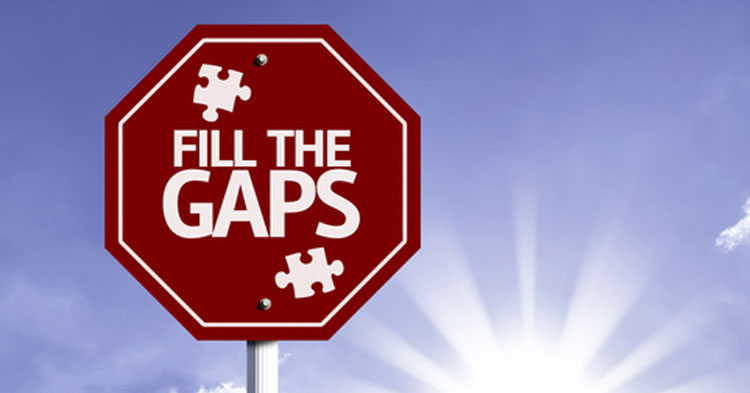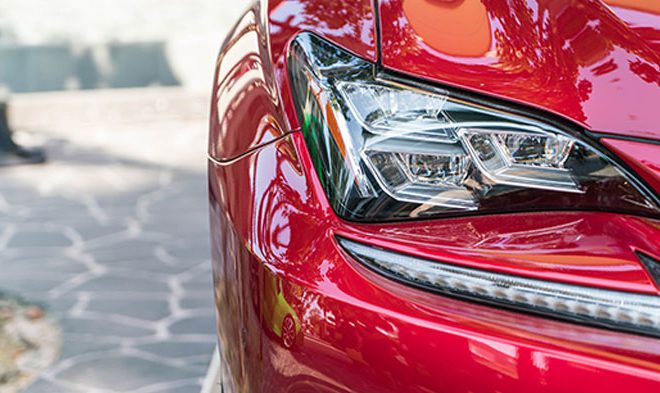What is credit shortfall insurance and do you need some?
By the time you’re taking the plunge and making that splurge, you would likely have made peace with the fact that there are more costs involved than just the sticker price of your new car. These costs include financing costs, insurance costs and so forth.
During the purchasing process, you would also likely have been made aware that the moment you remove that big beautiful bow from the car’s bonnet and drive it off the showroom floor, it’s market value diminishes (and depending on what brand of car you buy, this depreciation could be substantial). That’s where credit shortfall insurance comes in…
What is credit shortfall insurance?
Also referred to as gap insurance or top up insurance, credit shortfall insurance covers the difference between your vehicle’s retail value (this is usually the same amount as the car is insured for) and what you paid for the vehicle upon purchase.
Let’s say that you bought your vehicle for R100 000 but within three months, you have put 4 000km on the clock and the vehicle is only valued at R70 000, credit shortfall insurance would cover the difference between what you still owe on the vehicle and what your normal vehicle insurance will be paying out.
Or, suppose you have already paid off R10 000 of the R100 000, that means you still owe your financier R90 000, but in the event of an incident or accident, your current car insurance will only pay out R70 000, leaving you with a R20 000 credit shortfall.
Credit shortfall insurance protects you from these types of scenarios, covering the shortfall between what you still owe and what you’ll get out from your normal car insurance; protecting you from having less money available should you need to replace your car and ensuring that you don’t have to keep paying off a car that you don’t even own anymore.
What is not included in credit shortfall insurance?
- Any unspecified items or accessories in your vehicle, including sound systems fitted after-market and fancy sports kits
- Any additional moneys due, such as the excess due to process your insurance claim, vehicle installments that are in arrears, additional financing charges and any early settlement penalties
Do you need it?
Credit shortfall insurance is strongly recommended if you don’t have the cash to put down a large deposit (and, in other words, will be taking out a large loan to pay for your car). Don’t live with your head in the sand, accept that accidents happen and cars being stolen or written off is a reality – one we hope you will never have to experience. Just in case you do, however, you will thank yourself for making the responsible choice and taking out credit shortfall insurance.




